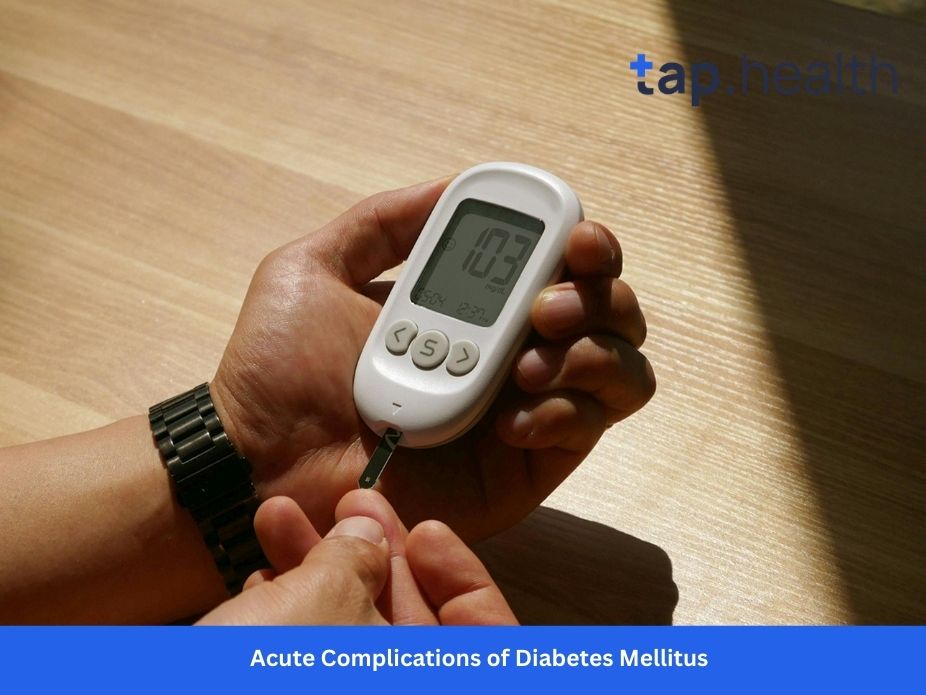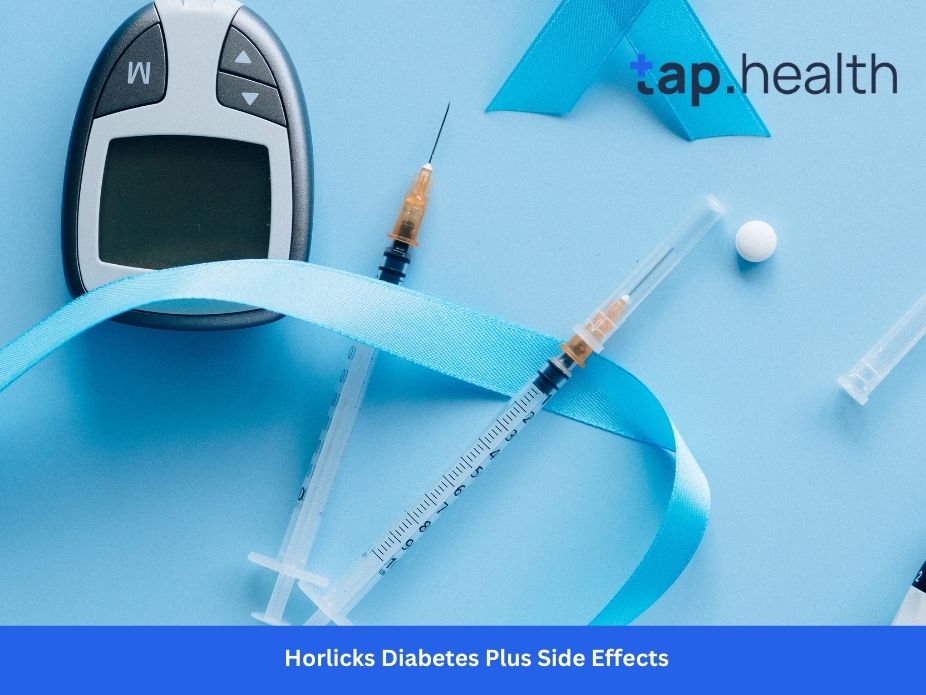Dengue fever, a mosquito-borne viral infection, affects millions globally, causing symptoms like high fever, headaches, joint pain, and rashes. While no specific treatment exists, a well-planned diet can significantly aid recovery by supporting the immune system, reducing inflammation, and maintaining hydration. This article outlines the best food diet for dengue patients, covering essential nutrients, foods to include and avoid, and the critical role of hydration in a concise question-answer format.
What Is Dengue Fever and How Does It Affect the Body?
Q: What is dengue fever?
Dengue fever is a viral infection transmitted by Aedes mosquitoes. It causes flu-like symptoms such as fever, headaches, muscle pain, and rashes. Severe cases may lead to dengue hemorrhagic fever or shock syndrome, which can be life-threatening.
Q: How does dengue impact the body?
The dengue virus targets organs like the liver, spleen, and lymph nodes, causing inflammation and damage. An overactive immune response can worsen inflammation, increasing the risk of severe symptoms. Proper nutrition supports the immune system to fight the virus effectively.
Why Is Diet Important for Dengue Recovery?
Q: Why does diet matter for dengue patients?
A balanced diet provides essential nutrients to strengthen the immune system, reduce inflammation, and promote healing. Nutrient-dense foods help repair tissues and maintain overall health during recovery.
Q: Who should guide dietary choices for dengue patients?
Consulting a healthcare professional or registered dietitian is recommended for personalized dietary advice tailored to the patient’s condition and needs.
What Nutrients Are Essential for Dengue Patients?
Q: What key nutrients support dengue recovery?
Dengue patients require specific nutrients to aid healing:
- Protein: Supports tissue repair and immune function. Sources include lean meats, fish, eggs, and legumes.
- Vitamin C: Boosts immunity and acts as an antioxidant. Found in citrus fruits, strawberries, and bell peppers.
- Zinc: Enhances immune function and wound healing. Available in beef, nuts, and whole grains.
- Omega-3 Fatty Acids: Reduces inflammation. Found in fatty fish, flaxseeds, and walnuts.
- Antioxidants: Protect cells from damage. Present in berries, dark chocolate, and green tea.
Q: How do these nutrients help?
These nutrients strengthen the immune system, reduce inflammation, and support tissue repair, all critical for recovering from dengue fever.
What Foods Should Dengue Patients Include in Their Diet?
Q: Which fruits and vegetables are best for dengue patients?
Fruits and vegetables rich in vitamins, minerals, and antioxidants are ideal:
- Citrus Fruits: Oranges, lemons, and grapefruits provide vitamin C.
- Berries: Strawberries, blueberries, and raspberries offer antioxidants.
- Leafy Greens: Spinach and kale supply vitamins and minerals.
- Bell Peppers: High in vitamin C and antioxidants.
These can be eaten fresh, blended into smoothies, or added to salads.
Q: What protein-rich foods aid recovery?
Protein supports tissue repair and immunity. Include:
- Lean Meats: Chicken or turkey breast.
- Fish: Salmon or tuna for protein and omega-3s.
- Eggs: Affordable and versatile protein source.
- Legumes: Lentils and beans for plant-based protein and fiber.
Q: Why are whole grains important for dengue patients?
Whole grains like oats, brown rice, quinoa, and whole wheat bread provide complex carbohydrates and fiber, supporting digestive health and sustained energy.
What Foods Should Dengue Patients Avoid?
Q: Which foods can worsen dengue symptoms?
Avoid foods that irritate the digestive system or increase discomfort:
- Spicy Foods: May cause nausea or abdominal pain.
- Greasy/Fried Foods: Heavy on the stomach, worsening nausea.
- Processed Foods: High in unhealthy fats and sodium, promoting inflammation.
- Sugary Foods/Drinks: Can spike blood sugar and weaken immunity.
Q: What unhealthy foods hinder recovery?
Steer clear of:
- Alcohol: Weakens immunity and causes dehydration.
- Caffeinated Beverages: May disrupt sleep and hydration.
- Processed Meats: High in sodium and unhealthy fats.
- Sugary Snacks: Offer little nutrition and may cause inflammation.
Why Is Hydration Critical for Dengue Patients?
Q: How does hydration help in dengue recovery?
High fever and sweating in dengue can lead to dehydration, worsening symptoms and delaying recovery. Adequate fluid intake replenishes lost fluids, supports organ function, flushes toxins, and aids nutrient absorption.
Q: What are the best fluids for dengue patients?
Recommended fluids include:
- Water: The best choice for hydration.
- Coconut Water: Replenishes electrolytes naturally.
- Fresh Fruit Juices: Provide hydration and nutrients (avoid added sugars).
- Herbal Teas: Chamomile or ginger teas are soothing and hydrating.
- Soup Broth: Offers hydration and electrolytes.
Avoid carbonated or sugary drinks, as they can worsen dehydration.
How Can Dengue Patients Ensure a Balanced Diet?
Q: How should dengue patients plan their meals?
Focus on nutrient-dense foods from all food groups: fruits, vegetables, lean proteins, whole grains, and healthy fats. Small, frequent meals can help manage nausea and maintain energy levels.
Q: Can dietary needs vary among dengue patients?
Yes, dietary requirements depend on the severity of the disease and individual health conditions. Always consult a healthcare provider for tailored advice.
Practical Tips for Dengue Diet and Recovery
Q: How can dengue patients incorporate healthy foods easily?
- Blend fruits into smoothies for easy consumption.
- Prepare light soups with lean protein and vegetables.
- Choose whole grain porridge or oats for breakfast.
- Snack on nuts or yogurt for protein and healthy fats.
Q: What lifestyle habits complement a dengue diet?
Rest, avoid mosquito bites, and follow medical advice to support recovery. Staying hydrated and eating nutrient-rich foods enhance overall healing.
Conclusion
A well-planned food diet for dengue patients is vital for supporting recovery and alleviating symptoms. By focusing on nutrient-rich foods like fruits, vegetables, lean proteins, and whole grains, while avoiding spicy, processed, or sugary foods, patients can boost their immune system and reduce inflammation. Hydration, through water, coconut water, and herbal teas, is equally critical to replenish fluids and aid healing. Always consult a healthcare professional for personalized advice to ensure the diet meets individual needs. With proper nutrition and care, dengue patients can recover faster and regain their strength effectively.



